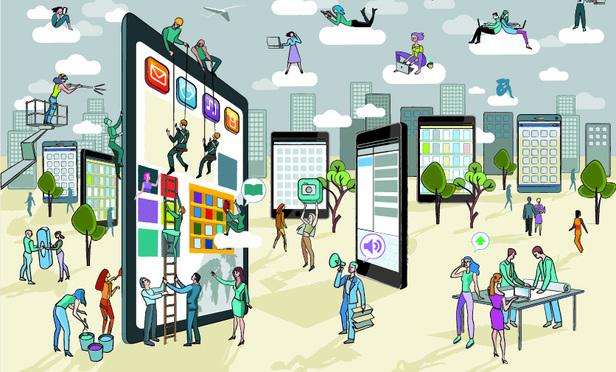With recent Boston Consulting Group research indicating that 80 percent of the world population will be plugged into smartphones by 2020, mobile computing is evolving quickly to offer cheaper, more powerful devices. At the 2015 Mobile World Congress in Barcelona this week, consumers were treated to visions of that progress with announcements from phone makers and service providers that stand out as some of the highlights of the mobile computing year.
But while many of the announcements target the tech-hungry public, if you read between the lines, some have the capacity to alter the way law is practiced, both in terms of how lawyers connect and the potential risks that could be giving them work in the near future.
This content has been archived. It is available through our partners, LexisNexis® and Bloomberg Law.
To view this content, please continue to their sites.
Not a Lexis Subscriber?
Subscribe Now
Not a Bloomberg Law Subscriber?
Subscribe Now
LexisNexis® and Bloomberg Law are third party online distributors of the broad collection of current and archived versions of ALM's legal news publications. LexisNexis® and Bloomberg Law customers are able to access and use ALM's content, including content from the National Law Journal, The American Lawyer, Legaltech News, The New York Law Journal, and Corporate Counsel, as well as other sources of legal information.
For questions call 1-877-256-2472 or contact us at [email protected]



